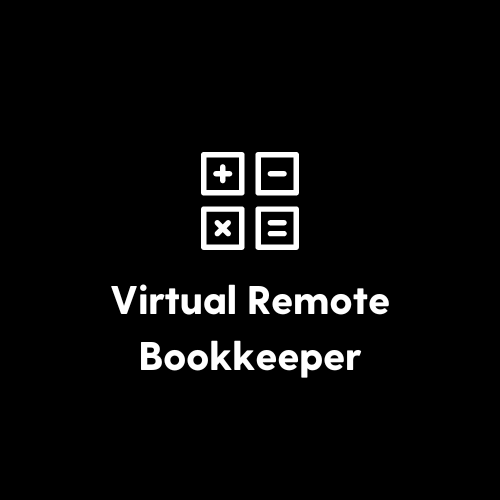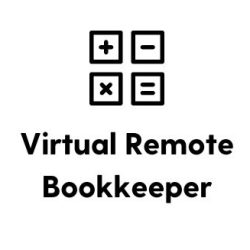
In today’s dynamic economy, being self-employed offers incredible freedom and flexibility. However, it also comes with a unique set of challenges, especially when it comes to managing your finances. Proper bookkeeping is essential to ensure your business thrives. Here are some crucial bookkeeping tips every self-employed professional should know.
1. Choose the Right Accounting Method
The first step in effective bookkeeping is selecting the accounting method that suits your business best. There are two primary methods: cash basis and accrual basis.
- Cash Basis: Income and expenses are recorded when cash changes hands. This method is simpler and more straightforward, making it ideal for freelancers and small businesses with straightforward transactions.
- Accrual Basis: Income and expenses are recorded when they are earned or incurred, regardless of when cash is received or paid. This method provides a more accurate picture of your financial situation and is beneficial for businesses with inventory or larger operations.
2. Keep Personal and Business Finances Separate
Maintaining a clear separation between your personal and business finances is vital. Open a dedicated business bank account and credit card. This practice not only simplifies your bookkeeping but also protects your personal assets and enhances your professional image.
3. Utilize Accounting Software
Investing in reliable accounting software can save you time and reduce errors. Software like QuickBooks, FreshBooks, or Wave offers features that automate invoicing, expense tracking, and reporting. This automation allows you to focus on growing your business instead of getting bogged down by paperwork.
4. Stay Organized with Documentation
Organize your receipts, invoices, and financial documents systematically. Consider using digital tools for scanning and storing documents. This organization not only streamlines your bookkeeping process but also ensures you have all necessary documentation available for tax time or audits.

5. Set Up a Budget
Establishing a budget is crucial for self-employed professionals. It allows you to track your income and expenses effectively and helps in making informed financial decisions. Regularly review and adjust your budget to align with your business goals.
6. Track All Income and Expenses
Every dollar counts in self-employment. Track all income sources and expenses, no matter how small. Use spreadsheets or accounting software to categorize and monitor your transactions. This practice ensures you won’t miss any deductible expenses when tax season arrives.
7. Prepare for Tax Season Throughout the Year
Don’t wait until tax season to get your finances in order. Stay proactive by estimating your tax liability and setting aside funds throughout the year. Familiarize yourself with self-employment tax rules, and consider consulting with a tax professional to maximize your deductions and credits.
8. Regularly Review Your Financial Reports
Conducting monthly or quarterly reviews of your financial statements can provide valuable insights into your business’s performance. Analyze profit and loss statements, balance sheets, and cash flow statements to identify trends and areas for improvement.
9. Hire a Professional Bookkeeper if Needed
If bookkeeping becomes overwhelming, consider hiring a professional bookkeeper or accountant. They can handle complex financial tasks, ensure compliance with tax regulations, and provide valuable advice on improving your financial health.
10. Educate Yourself Continuously
The world of bookkeeping and finance is constantly evolving. Stay informed by taking online courses, attending workshops, or reading books related to accounting and finance. Knowledge is power, and the more you know, the better you can manage your finances.
Conclusion
Effective bookkeeping is not just about numbers; it’s about ensuring the sustainability and growth of your self-employed business. By implementing these tips, you can streamline your financial management, reduce stress during tax season, and make informed decisions that propel your business forward. Remember, the key to successful bookkeeping is consistency and organization.


